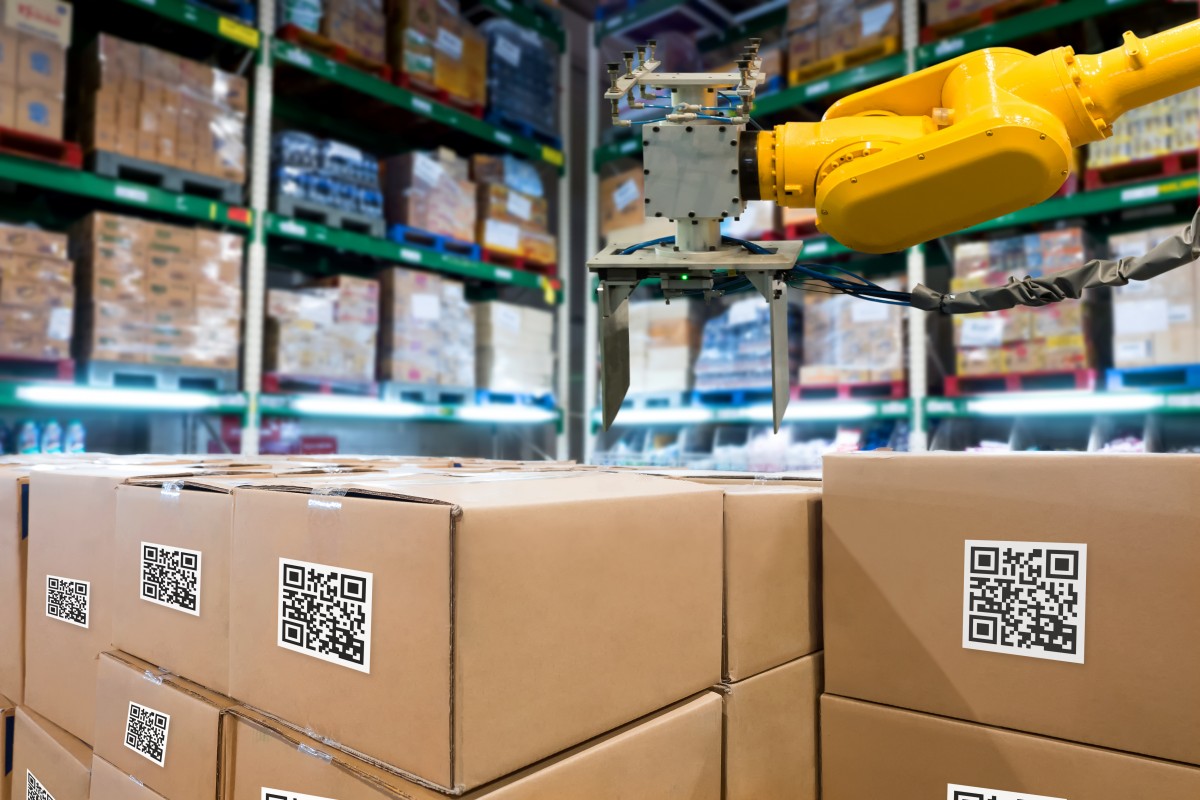An increase in e-commerce sales of up to 27.6% in the last year is causing transportation and logistics (T&L) companies tremendous strain as they work to fulfil a surge in orders due to the global pandemic. To scale their businesses and deal with changing consumer and business behaviors, a new global research report by mobile and IoT management solutions provider, SOTI, found that 74% of T&L companies had already begun to invest in mobile technology, wearables and IoT solutions in 2020. A significant 80% plan to continue to invest in mobile technology throughout 2021.
The Mobilizing the Delivery Workforce: State of Mobility in Transportation and Logistics 2021 Report interviewed 550 IT decision-makers in the T&L industry across eight countries (UK, U.S., Canada, Mexico, Germany, France, Sweden and Australia), to understand the trends and solutions that are driving their organisations and how the pandemic affected operations.
Legacy Systems Not Integrated with New Investments Continue to Hinder Success and Result in Employees Losing Two Days of Work Per Month Due to Mobile Device Downtime
Despite this widespread investment in technology from T&L companies in 2020 and 2021, SOTI’s research indicated that this investment was not delivering the desired outcomes, with respondents suggesting that a lack of integration with existing systems is limiting productivity, creating siloed workflows and ultimately causing workers to lose valuable time when out in the field.
The delay due to mobile device downtime has led to 98% of global employees losing valuable work hours. Nearly one-third (32%) state the main cause of downtime causing shipping delays is the lack of IT support to address mobile device downtime issues. On average, organisations are losing 3.3 hours per employee each working week dealing with technical or system difficulties, with a global average of 14 hours lost per employee per month (15 hours in the UK).
“The pandemic has put a spotlight on the need for an integrated technology strategy,” said Sarah Edge, Director of Sales, UK and Ireland, SOTI. “While we are seeing a clear investment in technology from T&L companies, we are not seeing a cohesive strategy for the implementation and integration of new tech to counteract the repercussions of the pandemic. It is crucial for T&L decision-makers to understand that an absence of integrated devices and systems in their operations results in their organisations wasting time and leaving money and productivity on the table.”




